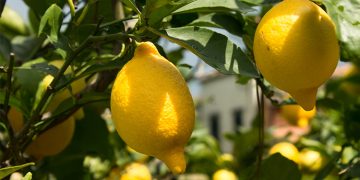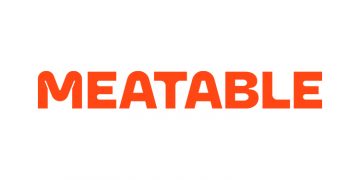As part of the collaboration, farmers in Germany will adopt more sustainable agricultural methods. Together with wheat supplier BAT Agrar, specific measures to reduce the climate and nature impact from cultivation will be carried out by contracted farms. The actions include precision farming, the use of bio stimulants, nutrient optimizing, cover crops and flower strips to enhance biodiversity. The farm’s greenhouse gas emissions will be assessed separately for each farm and crop rotation, and the reductions in emissions will be scientifically traced. The wheat with a lower carbon footprint will be ready to harvest in the summer of 2025.
This venture marks another major Paulig-project that aims to reduce its impact on nature and climate. In 2023, Paulig launched a unique Climate Fund to accelerate climate emission reductions. The fund enables Paulig to further drive actions that have the biggest value chain climate impact. With tortillas being Paulig’s biggest product category, this collaboration will be highly impactful from a sustainability perspective. The flour can be used to bake up to 500 million tortillas annually at Paulig’s factories in Belgium.
“At Paulig, we are driven by a resolute ambition to be a sustainable frontrunner in the food and beverage industry. We firmly believe that the food sector holds a key role in addressing climate challenges, and we recognize that transforming agriculture is vital for building sustainable food systems. Through collaborative efforts with our partners and suppliers across the food value chain, we choose to provide consumers with more sustainable choices. Our impactful collaboration with Paniflower and BAT Agrar represents a significant step towards realizing Paulig’s science-based climate targets, envisioning a tangible 50 percent reduction in greenhouse gas emissions from our value chain by 2030,” says Rolf Ladau, CEO of Paulig.
BAT Agrar is set to provide Paniflower with 35000 tons of wheat the next 3 years to produce flour for Paulig. It is a part of Paniflower’s ambition to decrease their own emissions by 50% by 2030 and towards net zero in 2039. This in addition to reducing their carbon emissions from the value chain by 25% in 2030. BAT Agrar has also an ambitious goal to reach climate neutrality in own emission by the reduction or if necessary, compensation of GHG-emissions in 2030.
Marc Vanherpe, CEO Paniflower: “The quality of our flour depends on the quality of wheat, and this is something that only a healthy planet can safeguard. To reduce our ecological footprint, we have to switch to more sustainable farming practices. Through the partnership with Paulig and BAT Agrar, we are creating an ecosystem to join forces and build our knowledge in the field, involving all partners in the value chain – farmers, agricultural trading houses like BAT Agrar, mills and food production companies. That’s how, step by step, we’ll be making the transition towards a more sustainable food system, creating sustainable value for all involved partners.”




















